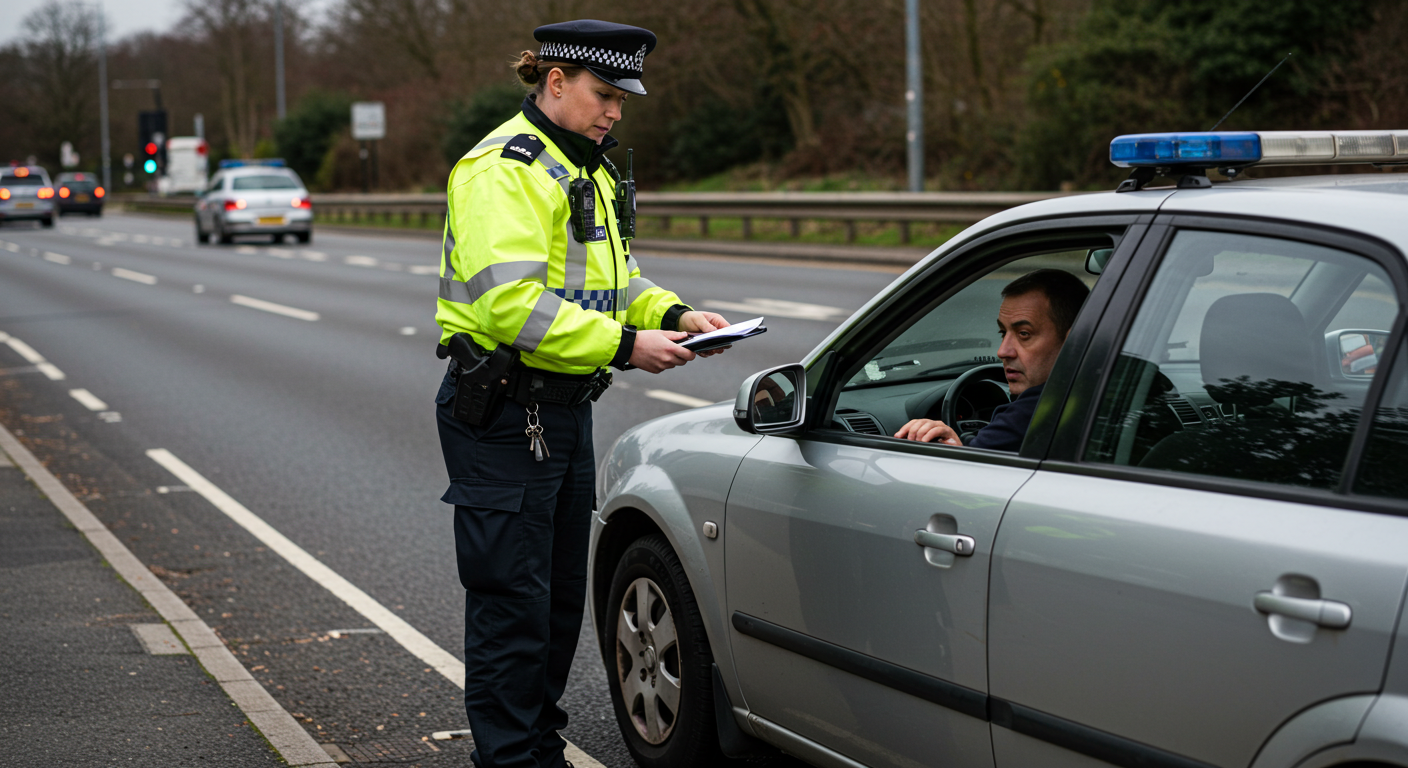Understanding Strip Searches by Police: Legal Framework and Situations in England

Understanding Strip Searches by Police: Legal Framework and Situations in England
Strip searches by the police are among the most invasive actions they can take in their law enforcement duties. These searches involve the removal of an individual’s clothing and require a stringent legal framework to protect individual rights and privacy.
In England, the law governing strip searches is robust and restrictive, allowing such searches only in specific situations. In this article, we will explore the legal basis for strip searches by the police in England and the circumstances in which they are permitted.
Legal Framework for Strip Searches

The primary legal framework governing strip searches by the police in England is the Police and Criminal Evidence Act 1984 (PACE). PACE sets out the rules and procedures that law enforcement must follow when conducting searches, including strip searches.
Under PACE, strip searches are subject to strict regulations to ensure they are conducted lawfully and with respect for the rights of individuals.
Situations Permitting Strip Searches

Strip searches by the police in England are permitted only in specific situations where there are reasonable grounds to believe that they are necessary. The following are the key situations in which strip searches may be conducted:
- Arrest: If you have been lawfully arrested, the police may conduct a strip search as part of the booking process. This is primarily done to ensure that you do not have any concealed items that could pose a threat to your safety or the safety of others. It is also intended to prevent the introduction of contraband into police custody.
- Drugs or Weapons: If the police have reasonable grounds to suspect that you are in possession of drugs, firearms, or other prohibited items, they may conduct a strip search. These reasonable grounds must be based on specific information or evidence, not merely on suspicion.
- Detention under the Mental Health Act: Individuals detained under the Mental Health Act may be subject to a strip search if there are reasonable grounds to believe that they have concealed items that could harm themselves or others.
- Terrorism Suspects: Under the Terrorism Act 2000, the police have broader powers to conduct strip searches of individuals suspected of involvement in terrorism-related activities. However, these searches are still subject to strict legal oversight.
Key Provisions and Safeguards

When conducting a strip search, the police in England must adhere to several key provisions and safeguards:
- Gender and Age: Strip searches should be conducted by an officer of the same gender as the individual being searched. In the case of minors, additional protections apply, and the search must be carried out by an appropriate adult.
- Privacy and Dignity: The search should be conducted in a manner that respects the individual’s privacy and dignity as much as possible, given the circumstances.
- Supervision: A strip search must be conducted in the presence of a police officer of a higher rank than the conducting officer.
- Record Keeping: Detailed records of strip searches, including the reasons for the search and the outcome, must be maintained.
- Legal Advice: Individuals have the right to seek legal advice before consenting to a strip search.
Conclusion: Understanding Strip Searches by Police in England

Strip searches by the police in England are conducted under strict legal provisions and are only permitted in specific situations where reasonable grounds exist to believe they are necessary. These searches are subject to rigorous oversight and safeguards to protect the rights, privacy, and dignity of individuals.
Understanding the legal framework surrounding strip searches is essential for both law enforcement and the public to ensure that such invasive actions are conducted lawfully and with respect for individual rights.
Notice: Informational Content Disclaimer
The content provided on this website, including articles, blog posts, and other informational materials, is intended for general informational purposes only. It is not intended as, and should not be considered, legal advice.
Visitors to this website should be aware that the information presented here is not a substitute for seeking legal advice from a qualified solicitor or legal professional. Each individual's legal situation is unique, and the information provided may not be applicable to specific circumstances.
If you require legal advice or have specific legal questions, we encourage you to contact us directly. Our experienced team of solicitors is here to assist you with your legal needs and provide tailored advice to address your concerns.
Please be advised that any communication through this website, including the use of contact forms or email, does not create a solicitor-client relationship. Confidential or time-sensitive information should not be sent through this website. To establish a solicitor-client relationship and discuss your legal matters in detail, please contact us for a consultation.
We strive to provide accurate and up-to-date information, but we make no representations or warranties regarding the accuracy, completeness, or suitability of the information contained on this website. We shall not be liable for any reliance placed on the information provided herein.
Thank you for visiting our website. We look forward to the opportunity to assist you with your legal needs.




